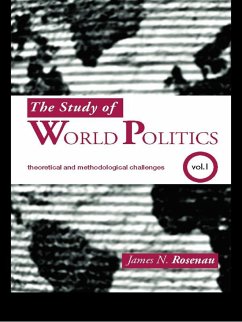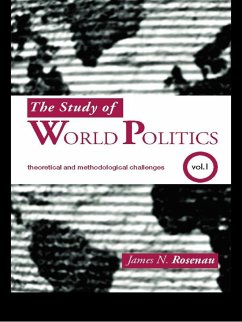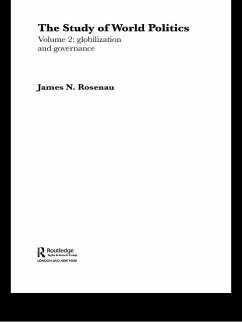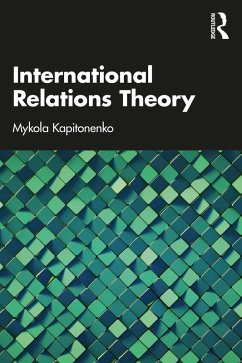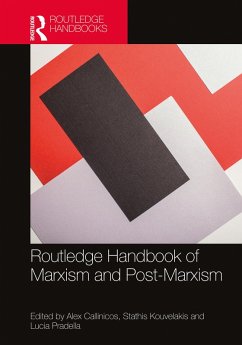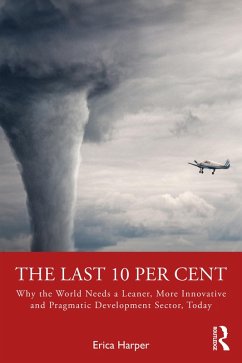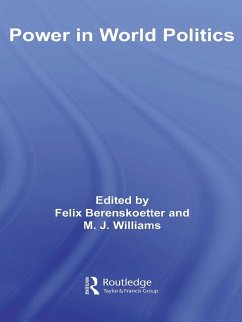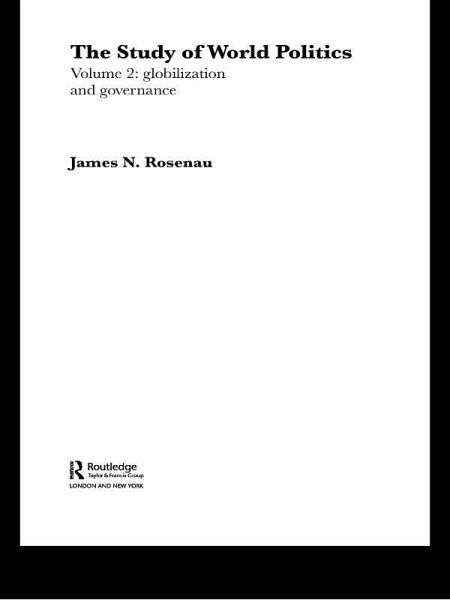
The Study of World Politics (eBook, ePUB)
Volume 2: Globalization and Governance
Versandkostenfrei!
Sofort per Download lieferbar
21,95 €
inkl. MwSt.
Weitere Ausgaben:

PAYBACK Punkte
11 °P sammeln!
James Rosenau's work is known for its originality and clarity and the sixteen articles in this new volume are no exception.Tackling the specific challenges posed by globalization and governance, this book covers four key areas: the challenge - tensions, contradictions, outcomes and global affairs the profession - community, globalized space and international relations globalization - complexities, contradictions and theory governance - understanding and future The Study of World Politics presents the thinking of one of the most innovative scholars in the last half century. The subjects add...
James Rosenau's work is known for its originality and clarity and the sixteen articles in this new volume are no exception.
Tackling the specific challenges posed by globalization and governance, this book covers four key areas:
The Study of World Politics presents the thinking of one of the most innovative scholars in the last half century. The subjects addressed provide the big picture, whilst also being meticulous in detail.
This new book gives the reader an unparalleled understanding of globalization and governance and is an invaluable tool to students and scholars of politics and world affairs alike.
Tackling the specific challenges posed by globalization and governance, this book covers four key areas:
- the challenge - tensions, contradictions, outcomes and global affairs
- the profession - community, globalized space and international relations
- globalization - complexities, contradictions and theory
- governance - understanding and future
The Study of World Politics presents the thinking of one of the most innovative scholars in the last half century. The subjects addressed provide the big picture, whilst also being meticulous in detail.
This new book gives the reader an unparalleled understanding of globalization and governance and is an invaluable tool to students and scholars of politics and world affairs alike.
Dieser Download kann aus rechtlichen Gründen nur mit Rechnungsadresse in A, B, BG, CY, CZ, D, DK, EW, E, FIN, F, GR, HR, H, IRL, I, LT, L, LR, M, NL, PL, P, R, S, SLO, SK ausgeliefert werden.




